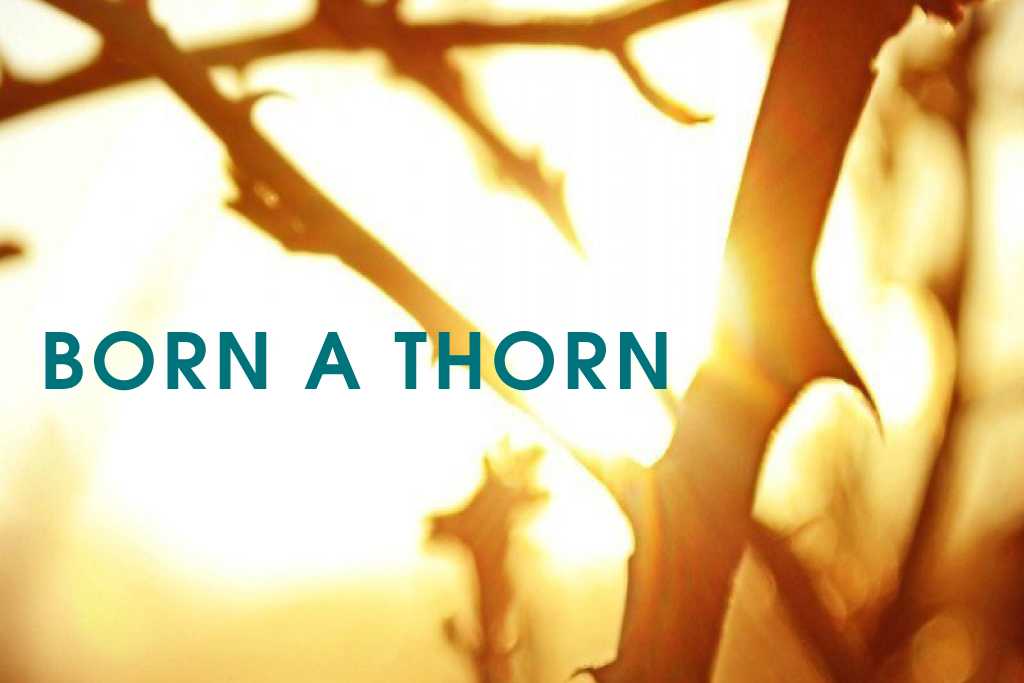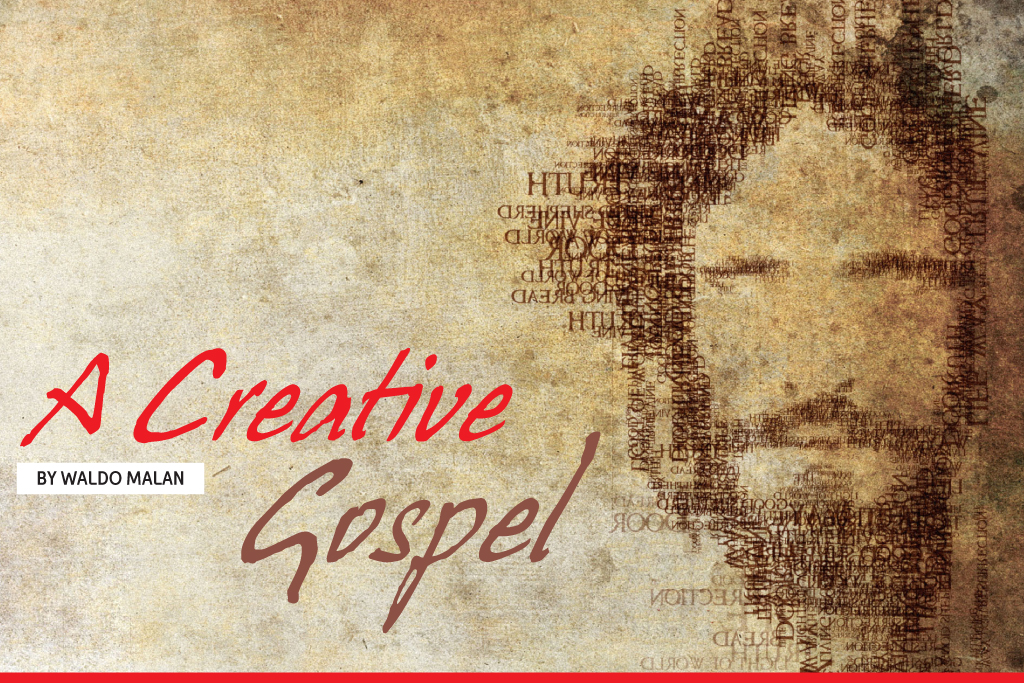
Easter is a period when we take time to contemplate the significance of the crucifixion and the resurrection of Christ. The life, death and resurrection of Jesus is a story of both sacrifice and inspiration. The way in which Christ lived his life provides us with an example of what it means to live a soulful and honest life, driven by love for follow man, connected to God and carrying out his will.
At the start of the year, when abroad in England visiting family, I had the opportunity to visit Glastonbury. Tucked away among the rolling hills of Somerset, this quaint English town emanates a serene energy of peace. One of the highlights of this trip was visiting the Glastonbury Abbey.
The Glastonbury Abbey is a tranquil ruins site of England's largest Abbey, where people are believed to have worshipped for almost 2,000 years. The electric sense of history is palpable at this site. Intricate designs still clearly visible on the remnants of what must have been a majestical work of architecture demonstrates the level of pride and effort put into creating something in the name of God. The Abbey is deemed the earliest Christian sanctuary in Britain.
Silence echoes in this place, adding to the prayerful essences that the ruins emanate. This makes it easy to believe that the Abbey is indeed a place where God dwells. A veil of history, myths and fascinating legends hangs over Glastonbury's Abbey. According to archaeological discovers, Christianity is believed to have been present in the Somerset region since its earliest days (estimated around the 7th century), and Glastonbury was an important pilgrimage site. Its Abbey at its prime became the richest in the country and patron Saints Bridget, David, Patrick and Dunstan are all believed to have been linked to the place.
The most interesting stories tied to this site are those of Joseph of Arimathea. According to biblical reference, Joseph of Arimathea was the Mother Mary's uncle. He gave up his own prepared tomb to be used for Jesus' burial after the crucifixion. Legend says that Joseph of Arimathea travelled to Somerset together with a young boy Jesus and built a simple place of worship by constructing a wattle and daub. This construction became known as the "Old Church", and it is said that it later became the Abbey's Lady Chapel, the remnants of which are still seen today. Among the various stories of the origins of the Glastonbury Abbey it is claimed that Joseph founded the Abbey in the 1st Century.
Another legend linked with Joseph of Arimathea is that of the Glastonbury Holy Thorn Tree. The story goes that Joseph returned to Glastonbury after Jesus' death. Joseph had with him a staff that was taken from a hawthorn tree which in turn was grown from a thorn of Christ's crown. When Joseph arrived, he climbed Wearyall Hill where his placed his staff on the ground and rested. Legend dictates that the staff then took root and spouted branches and leaves and became the Glastonbury Thorn Tree. This tree was thought unusual as it flowered twice a year - once as normal during spring and once during winter. The thorn tree's flowering in winter was accounted as a miraculous occurrence.
The story of the thorn tree stood out to me. Whether there is any truth to it or not remains a mystery but it is a beautiful story of hope. It is always fascinating to discover magical stories that are laced with subtle nuances of something powerful hidden behind the literal interpretation of that story. It is somewhat reflective of our creativity as human beings as well as the fact that traces of our ideals such as hope and inspiration often line the inner layers of the stories we create.
Considering the fact that the thorn crown worn by Christ at his crucifixion is symbol of suffering, the idea that a new life of a tree could have been created from it holds a message of new beginnings beyond that suffering. Perhaps it is even a message of resurrection, just as Jesus himself was resurrected into a new life after his death. It is often difficult to see the possibility of a positive outcome when in the midst of difficulty. Let this be a reminder that God has given us a human spirit with the ability to rise beyond suffering and find rebirth both in the physical world and spiritually eternity.










































































